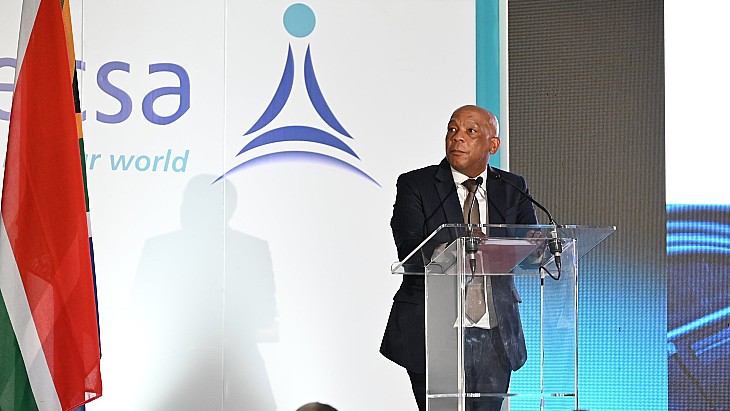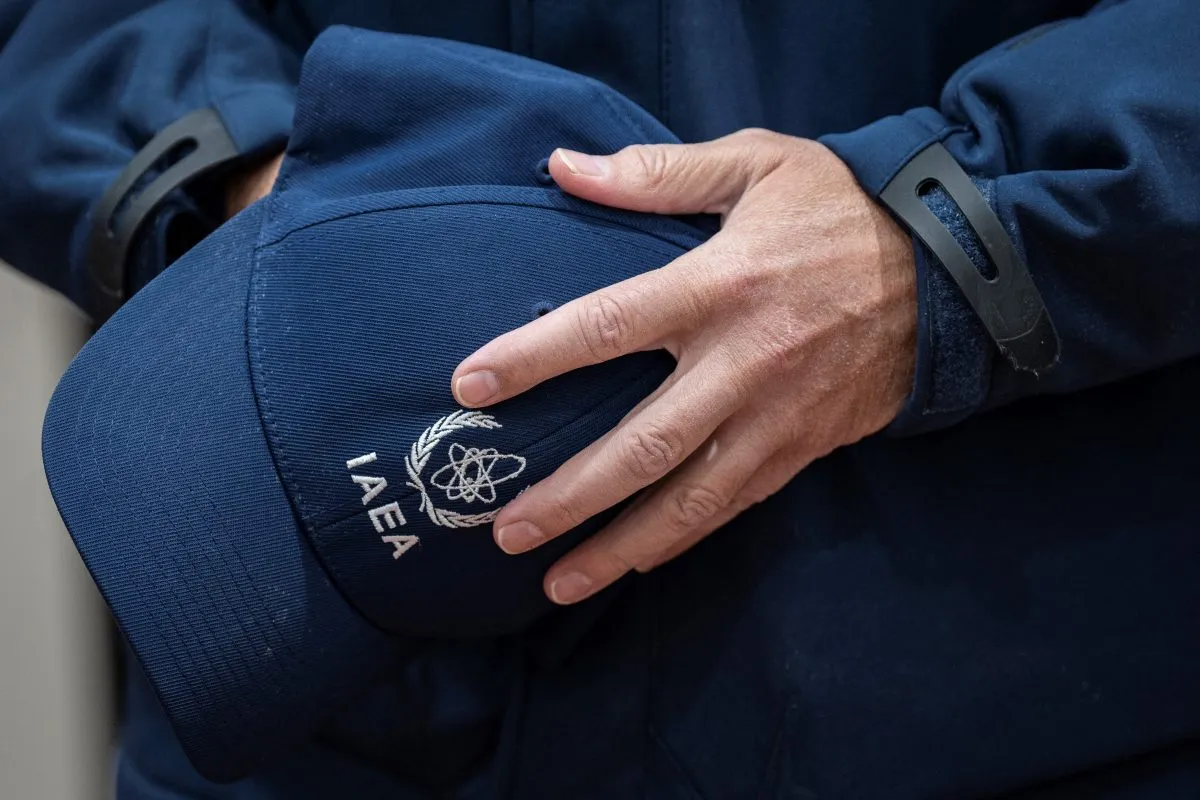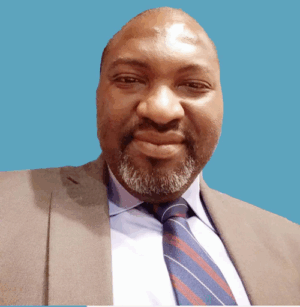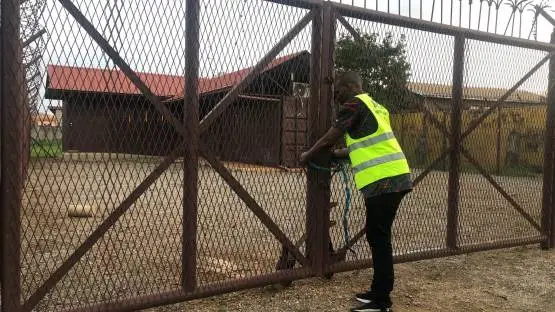
South Africa’s Safari-1 research reactor marked 60 years of groundbreaking service at NECSA on 25 March 2025. Minister Kgosientso Ramokgopa celebrated its vital role in producing medical isotopes for cancer treatment and advancing nuclear research. The milestone highlights South Africa’s enduring leadership in peaceful atomic innovation. [Read More about NECSA’s contributions.

The IAEA signals approval for Ghana’s process to choose a site for a nuclear power station, but a feasible industry will be years away. Ghana’s dreams of generating nuclear energy have taken a step closer to becoming a reality after the International Atomic Energy Agency (IAEA) completed a mission to review the country’s process for […]

Hubert K. Foy discusses Ghana’s nuclear energy strategy, highlighting the IAEA’s endorsement of the site selection process, the next regulatory, financial, and infrastructure steps, and realistic integration timelines. He emphasizes the importance of scaling nuclear power to meet climate goals, noting limited global deployment and the need for stronger industry and government commitment to advance nuclear energy as a credible climate solution.

Cameroon’s first ever storage facility for low-activity disused sources was built in 2019. The storage facility provides enhanced safe and secure storage, including physical protection with multiple fences, alarm systems, and locks, as well as a surveillance camera system. (Photo: M. Gaspar/IAEA) YAOUNDE, CAMEROON – Nuclear security is a serious matter in all countries – […]
The course provided female technical experts, researchers, scientists, and government officials with a broader understanding of weapons of mass destruction, nonproliferation, arms control, disarmament, peaceful uses of nuclear energy, chemical, biological, radiological, and nuclear security, as well as the various institutions, tools, and mechanisms necessary to address current nonproliferation and security challenges.
The International Atomic Energy Agency (IAEA) is dispatching a first batch of equipment to more than 40 countries to enable them to use a nuclear-derived technique to rapidly detect the coronavirus that causes COVID-19. This emergency assistance is part of the IAEA’s response to requests for support from around 90 Member States in controlling an […]
Indeed, the international community has become increasingly divided over the role of nuclear deterrence, the vision of nuclear disarmament and the commitment of states to arms reduction, and the steps required to prevent nuclear weapons use. For these reasons, NTI in 2018 launched the Global Enterprise to Strengthen Nonproliferation and Disarmament (GE)—a multi-year initiative to facilitate […]
The International Atomic Energy Agency (IAEA) will provide diagnostic kits, equipment and training in nuclear-derived detection techniques to countries asking for assistance in tackling the worldwide spread of the novel coronavirus causing COVID-19. Fourteen countries in Africa, Asia, Latin America and the Caribbean have requested assistance with the diagnostic technique, known as Real-Time Reverse Transcription […]
What Happened: In his opening statement to the 24th Conference of the States Parties at the World Forum at The Hague in the Netherlands, from 25-29 November 2019, the OPCW Director-General H.E. Mr. Fernando Arias reported that progress has been made in the project to build a new OPCW Centre for Chemistry and Technology (ChemTech […]
What Happened: The Egyptian Prime Minister Mostafa Madbouli remarked during the opening session of the fifth Arab Forum on the Prospects of Nuclear Power for Electricity Generation and Seawater Desalination, that nuclear energy is one of the strategic options in his country’s energy mix necessary to achieve the 2030 Agenda for Sustainable Development adopted by […]
